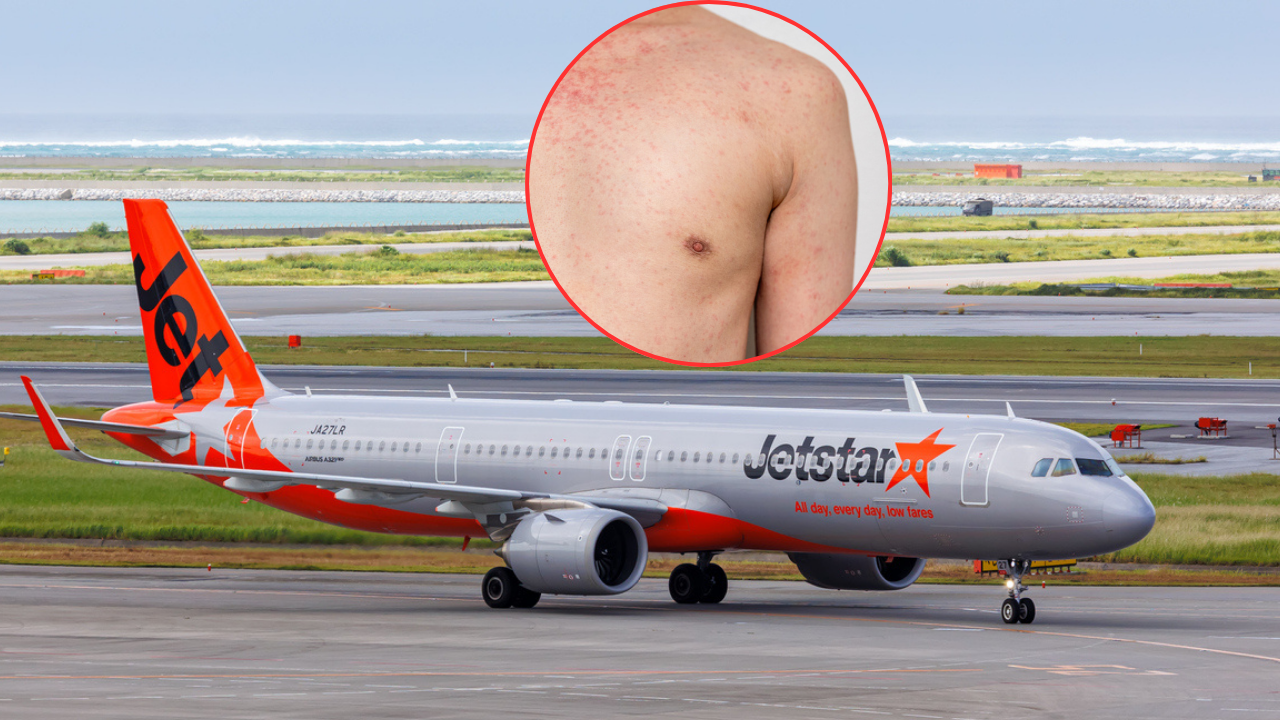Measles Alert Issued In Brisbane After Traveller Returning From Bali Tests Positive

Credits: iStock
SummaryHealth authorities in Queensland have issued a measles alert south of Brisbane after a traveler returning from Bali tested positive, urging locals to check vaccination status and monitor symptoms.
End of Article
